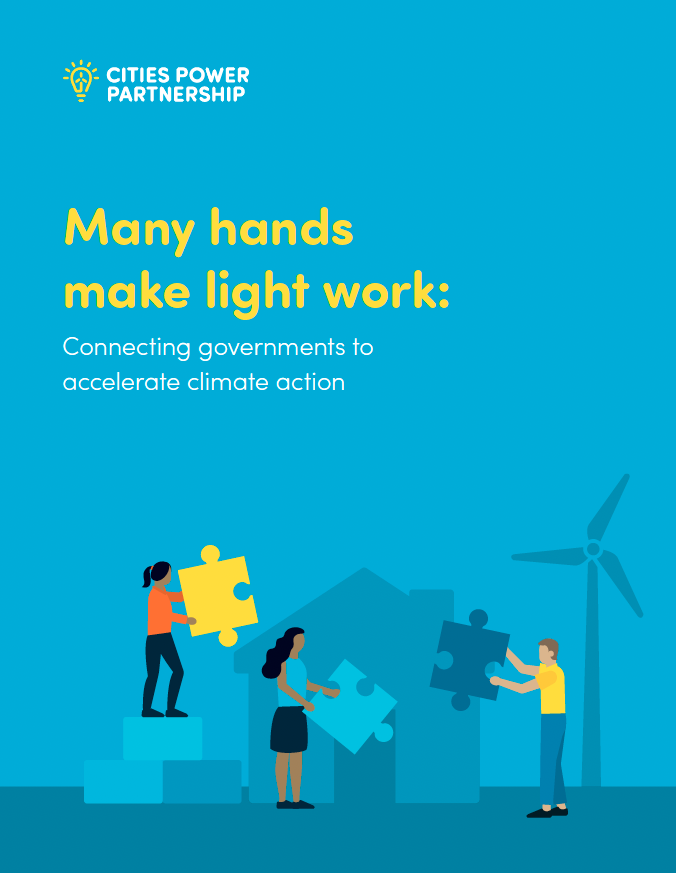Australian councils and their communities are at the forefront of dealing with the impacts of climate change, but they are under-resourced, ill-equipped to respond and are often hamstrung by state, territory and federal legal and institutional frameworks.
Addressing the challenges of climate change, at the necessary speed and scale, requires a more inclusive, adaptive, and innovative response across all levels of government.
Councils across the country are already taking strong action on climate change. If given the tools, they can help drive the implementation of national climate policies and ensure that meaningful results are delivered at the local scale.
The report, Many Hands Make Light work: Connecting governments to accelerate climate action, outlines a new approach to climate governance (Multilevel governance) in Australia that can empower all levels of government, especially councils, to fulfill their ambitions on climate change, and to genuinely contribute to Australia’s national climate policy.

What is Multilevel Governance?
Multilevel governance (MLG) is a framework adopted by leading countries, which promotes effective coordination between and across levels of government. At its core, MLG refers to the relations between tiers of government and embodies a set of collaborative mechanisms to ensure that local stakeholders have a voice.
Committing to MLG will allow Australia to demonstrate global leadership on climate action and help deliver coherent and integrated climate policy that can be scaled to achieve national climate mitigation and adaptation outcomes.
To demonstrate how better policy integration between the three levels of government can boost climate and energy goals, the report presents a case study on Australia’s building sector.
Report Key findings:
1. Councils and communities are on the frontline of climate impacts and solutions,
2. Local climate action is stunted by the lack of coordinated state and federal climate policies,
3. To ratchet up local climate action across Australia, barriers councils face must first be addressed,
4. Australia’s Paris Climate Commitments make little reference to local governments and significant scope exists to integrate local climate action into it,
5. The federal government can spearhead a Multilevel Governance approach to climate policy, and give those on the frontlines a seat at the table.
Recommendations:
The Better Futures Australia (BFA) local government working group outlines three key ways the Australian Government could implement an MLG framework:
1. Establish a comprehensive climate policy framework that integrates all levels of government and recognises local government contributions in the Australian NDCs.
2. Establish an effective partnership between local governments and the federal government to deliver an Accord defining shared objectives for strengthening climate mitigation, adaptation, and resilience across all tiers of government.
3. Allocate appropriate resources to implement the Accord. This should be based on a well-defined methodology to determine the region-specific real resilience and emissions mitigation costs. This will enable local governments to protect their communities and build back better.
The report methodology can be downloaded here. This includes details regarding the process for developing the recommendations to the Federal Government, as put forward in the report by the Better Futures Australia Local Government Working Group.
This report by Cities Power Partnership and University of Melbourne’s Melbourne Centre for Cities, in collaboration with the Better Futures Australia Local Government Working Group, advocates for Multilevel Governance (MLG) as a means to enable more effective, collaborative climate action between all levels of government. Many Hands Make Light work: connecting governments to accelerate climate action in Australia was developed through consultation with the local government sector.


